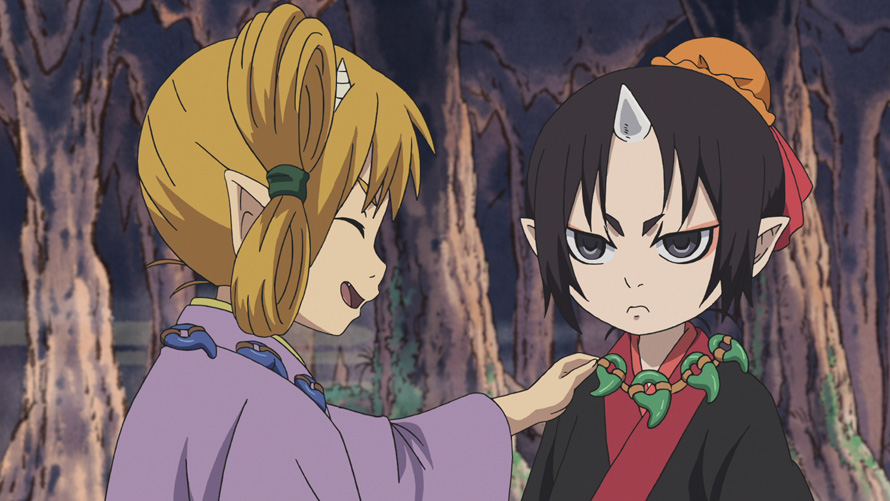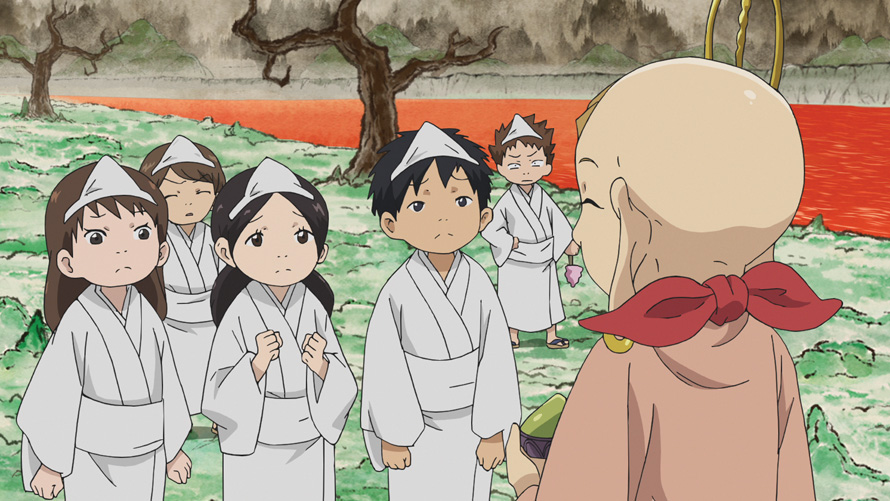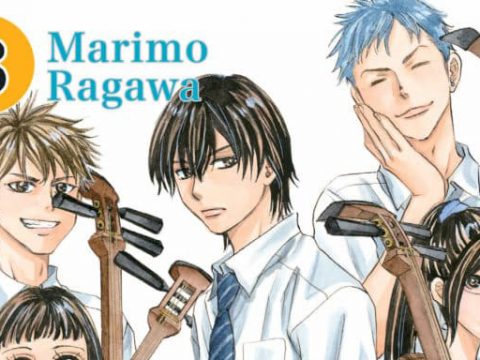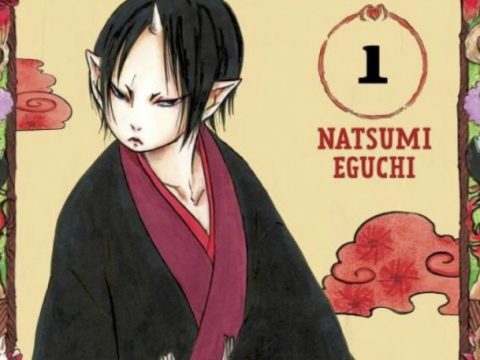How rapture and damnation alike can get bogged down in bureaucracy

Office work is hellish in Hozuki’s Coolheadedness 2, a supernatural-comedy TV anime based on the manga by Natsumi Eguchi that chronicles the daily lives of the gods, demons, monsters, and other paranormal critters that populate Tengoku and Jigoku, the distinctly Japanese versions of Heaven and Hell. Based on the premise that one person’s eternal damnation is another person’s mundane day job, Hozuki’s Coolheadedness 2 pokes fun at ancient myths, folk tales, and legends with a sardonic, modern sensibility.
In Hozuki’s Coolheadedness 2, the audience takes a tour of the Afterlife as the titular Hozuki —the unflappable and overachieving demonic Chief-of-Staff to King Enma—inspects the various infernal realms and ensures that the cauldrons of oil are boiling, that the ogres’ axes are sharp, that the sinners are suitably contrite, and that all of the relevant paperwork is on-file. Originally adapted into a 2014 TV anime with direction by Hiro Kaburaki and animation by Wit Studio, the 2017 sequel series takes a different tack with Kazuhiro Yoneda in the director’s seat and Studio Deen producing the animation.

If you’re familiar with the first season, Hozuki’s Coolheadedness 2 offers more of the same. The aesthetics of the various realms of Tengoku and Jigoku are still influenced by classical Japanese ink paintings. Sin and suffering still serve as the set-ups to punch-lines. Folk heroes and beneficent guardian beasts, such as Momotaro and Hakutaku, still work nine-to-five jobs peddling herbal remedies in Shangri-La. There’s still plenty of general weirdness, oblique pop culture references, and talking animals. Hozuki still spends his spare time raising goldfish-plants—grotesque, shrieking abominations that are part vegetable and part fish. The series also introduces new characters, most notably the “zashiki-warashi” twins, Ichiko and Niko, whom Hozuki treats like surrogate daughters.
There’s always some trepidation when a popular anime changes staff for a new season, especially after a period of years has elapsed in between. Nervous fans may wonder whether the new crew can build upon the foundations laid by the earlier work. I had similar concerns going into Hozuki’s Coolheadedness 2, but I’m happy to report that my worries were unwarranted. Hozuki’s Coolheadedness 2 is still the same grimly humorous, irreverent, tongue-in-cheek office comedy it has always been, although the focus of the individual episodes and the nature of the comedy has evolved.

The pace of Hozuki’s Coolheadedness 2 is slower. The edits connecting one cut of animation to the next are not as knife-edge severe. The jokes aren’t as caustic. None of these observations should be taken as a negative criticism. Comparing the first season to the second is like comparing the passion of youth with the experience of adulthood. Hozuki’s Coolheadedness 2 feels more mature than its predecessor and also more confident in its comedic style. The show doesn’t exhibit the same pressure to rush from gag to gag. Instead, Hozuki’s Coolheadedness 2 allows each scene to begin and conclude at its own pace. The narrative travels to previously unknown places (such as Hozuki’s earlier years as a novice demon) and examines previously unexplored relationships (such as Hozuki’s bonds with his childhood friends, Uzu and Yomogi) in its quest for humor. There’s a slight tonal shift, but I credit the steady hand of series composer Midori Gotou (a holdover from the first season to the second) with making this transition a smooth one.
Licensed by Sentai Filmworks and digitally distributed on the HIDIVE website, Hozuki’s Coolheadedness 2 is a delicious slice of dry, dark humor about the perils and pleasure that await in the Afterlife, and about how rapture and damnation alike can get bogged down in the back-biting bureaucracy and inter-office politics of middle management. It’s like an animated version of The Office, except that the kind of characters played by Ricky Gervais and Steve Carell are in charge of the divine judgment of countless human souls for all eternity.
Studio/company: HIDIVE
available: Now
rating: TV-14
This story appears in the April 2018 issue of Otaku USA Magazine. Click here to get a print copy.



![SSSS.Dynazenon [Anime Review] SSSS.Dynazenon [Anime Review]](https://otakuusamagazine.com/wp-content/uploads/2021/08/16-9-SSSS.Dynazenon_Key_Visual_3.5-480x360.jpg)
![Back Arrow [Anime Review] Back Arrow [Anime Review]](https://otakuusamagazine.com/wp-content/uploads/2021/07/ba15-02686-480x360.jpg)
![Dawn of the Witch [Manga Review] Dawn of the Witch [Manga Review]](https://otakuusamagazine.com/wp-content/uploads/2021/07/16-9-DawnoftheWitch-cvr_02-480x360.jpg)
![Nina The Starry Bride [Manga Review] Nina The Starry Bride [Manga Review]](https://otakuusamagazine.com/wp-content/uploads/2021/07/nina-the-starry-bride-v1-16-9-480x360.jpg)
